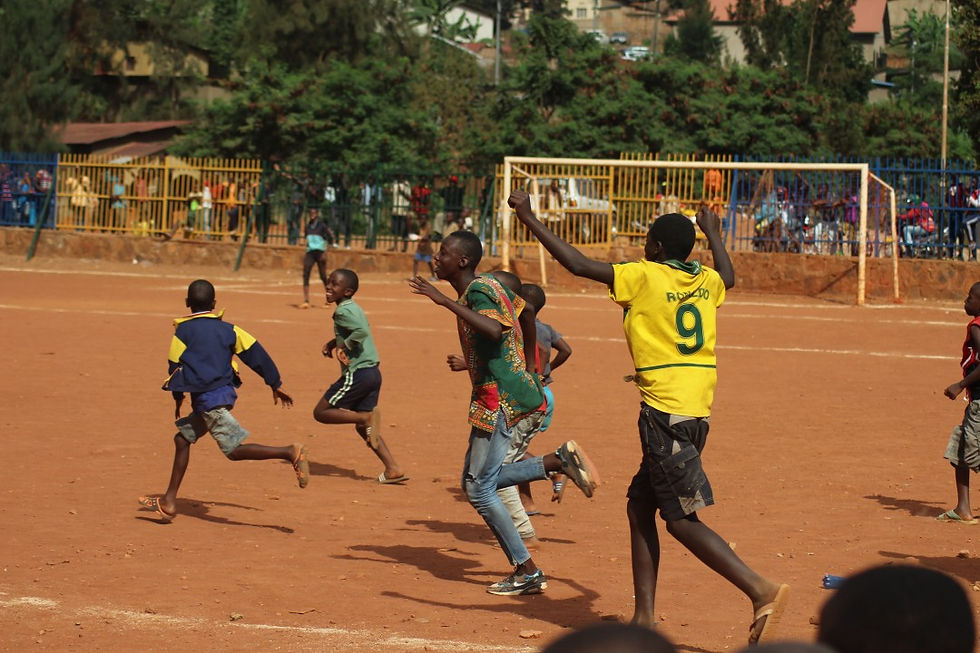Amidst political unrest and a health crisis, the Malian Football Federation seems determined to finish the season

Political Unrests in Mali
Malian citizens are no strangers to a proper political crisis. Since its creation in 1960, the country has seen four coup d'états, including the most recent one taking place last week, on August 18th. In all four cases, in 1968, 1991, 2012 and now 2020, the military forced the political leaders to step down and decided to take matters into its own hands. At least, this time around, the soldiers seem to have the support of the population, shocked by massive allegations of corruption against president Ibrahim Boubacar Keita and tired of the government's incapacity to handle the ongoing violent conflicts in the country as well as the current sanitary crisis caused by Covid-19.
In a country suffering from political instability for many years, it is surely not easy to organise and develop the game of football, a task which traditionally lies with the Malian Football Federation (FEMAFOOT). However, when during two seasons between 2017-2019, not a single official league match was played, this was exceptional even by Malian standards. This situation was caused by a set of conflicts and disagreements between FEMAFOOT and various clubs and stakeholders in Malian football.
Everything was going to change in 2019 with the election of Mamoutou Touré as the new president of FEMAFOOT, who managed to align all interest groups and to properly start off the 2019/2020 season. In order to find a compromise after years of conflicts, 23 clubs were accepted into a newly formed "Ligue 1" composed by two separate tiers and including clubs from each main region of the country. After the regular season, the title is to be played out in a playoff between the best two clubs of each tier, the so-called "carré d'as". The aim for the 2020/2021 season is to reduce the number of teams.
It was all working accordingly until the arrival of Covid-19 and a forced stop to the competition in March. Unlike many other African football federations which decided to cancel their season altogether, FEMAFOOT has always insisted on wanting to finish the season "as soon as the sanitary conditions allow it". This standpoint might also originate from the fact that for financial reasons, the federation can hardly afford to conduct a new 2020/2021 season with the same high number of teams.
While officially, to this day (August 26th, 2020), with a total number of 2.699 cases for a population of over 20 Million, the pandemic seems to have largely spared the country, the low testing capacities in Mali make a large number of undetected cases very likely. Despite that, FEMAFOOT, in a letter sent to all clubs on July 30th, announced the restart of the league for August 21st. A situation that especially distressed seven "Ligue 1" clubs, including influential ones like Djoliba AC and Club Olympique de Bamako, which conducted a boycott of the restart that caused the cancellation of their respective matches on the first matchday since March. In an interview with the internet portal "Sportsmali.com", the secretary general of Djoliba AC, Modibo Coulibaly, stated that the reasons for the boycott were that "...the measures taken by FEMAFOOT regarding the pandemic are not in conformity with the requirements of the CAF and the FIFA" and that "...many players have not been tested...". During a personal discussion with the author of this article, Yaya Sidibe, the secretary general of another boycotting club, Centre Salif Keita, assured that discussions between FEMAFOOT and the clubs resume, but that an agreement was not yet in sight.
Note: All statements and information from this article without a built-in link to a separate source result from personal documents as well as from talks and interviews carried out by the author.

Comments